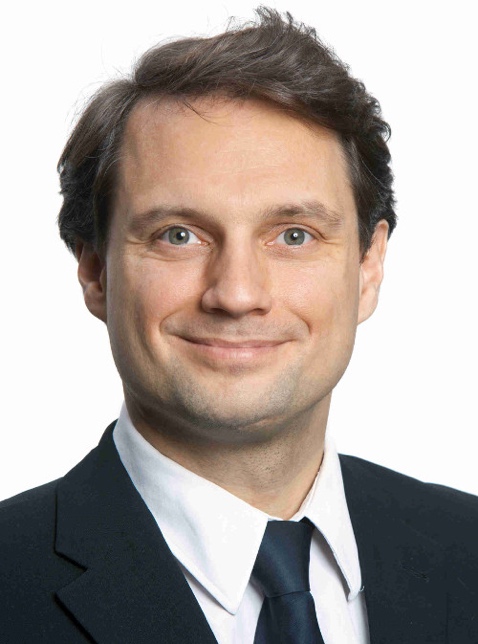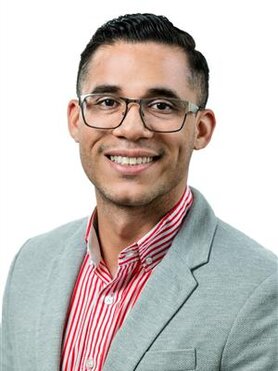时间:2025年9月2日(周二),上午9:30-12:00
地点:西主楼3-102
邀请人:郭鸿业副研究员
题目:Electric Sustainable Energy at TU Delft
报告人:Peter Palensky, TU Delft

Abstract: Energy is one of the strategic topics of TU Delft. The Department of Electrical Sustainable Energy (ESE) is dedicated to developing technology and people for the energy transition. Most of our work revolves around solar and wind power: how to generate it, how to convert, transport, distribute it, and how to use it in a smart way. Many aspects of the power system are now digital: from smart infrastructure to self-organizing algorithms to run the system. Our Electric Sustainable Power (ESP) Laboratory is an integrated Lab that brings all these aspects together. My talk will introduce you to TU Delft‘s work on sustainable energy and the ESP lab in particular.
报告摘要:能源是代尔夫特理工大学的战略重点之一。电气可持续能源(ESE)系致力于为能源转型培养技术和人才。我们的研究主要围绕太阳能和风能展开:如何发电、如何进行转换、传输和分配,以及如何以智能的方式加以利用。如今,电力系统的许多方面都已实现数字化:从智能基础设施到用于运行系统的自组织算法。我们的电气可持续电力(ESP)实验室是一个综合性实验平台,将这些方面紧密结合在一起。我的报告将向大家介绍代尔夫特理工大学在可持续能源方面的研究工作,特别是ESP实验室的相关内容。
Speaker: Peter Palensky is a full Professor for intelligent electric power grids and head of the Department of Electrical Sustainable Energy at TU Delft, Netherlands, since 2014, working on mastering the complexity of smart, sustainable, and flexible electric power systems.
报告嘉宾简介:自2014年以来,Peter Palensky一直担任荷兰代尔夫特理工大学电气可持续能源系主任,并任智能电力系统全职教授,致力于研究和应对智能、可持续且灵活的电力系统的复杂性。
题目:Generative AI for Distribution Systems Planning
报告人:Pedro P. Vergara, TU Delft

Abstract: The increasing levels of digitalization in our modern society will enable more customer data, which can be used to characterize their energy consumption behavior. Simultaneously, DSOs are ramping up investments in digitalizing their infrastructure. This process is resulting in a significant increase in available operational data. From the DSOs' perspective, all this operational data represents an excellent opportunity to learn how to make better planning decisions. The challenge is extracting complex and hidden dynamics from enormous databases and learning to solve (or even anticipate) technical problems faster or more efficiently. In this talk, we will discuss the role of Generative AI and machine learning in such a digitalized future scenario.
报告摘要:在当今社会日益加深的数字化进程中,将会产生更多的用户数据,可用于刻画其能源消费行为。与此同时,配电系统运营商(DSO)也在加大对基础设施数字化的投资。这一过程带来了可用运行数据的显著增长。对于DSO而言,这些运行数据为改进规划决策提供了极好的机会。挑战在于如何从庞大的数据库中提取复杂且隐含的动态特征,并学习以更快或更高效的方式解决(甚至预判)技术问题。在本次报告中,我们将探讨生成式人工智能和机器学习在这种数字化未来场景中的作用。
Speaker: Pedro P. Vergara is an associate professor at the Intelligent Electrical Power Grids (IEPG) group at the Delft University of Technology in the Netherlands. He is working on developing new mathematical programming models and data-driven control approaches to operate electrical distribution systems with high penetration of low-carbon energy resources.
报告嘉宾简介:Pedro P. Vergara 是荷兰代尔夫特理工大学智能电力系统(IEPG)研究组的副教授。他的研究重点是开发新的数学规划模型和数据驱动的控制方法,以运行高比例低碳能源接入的配电系统。





